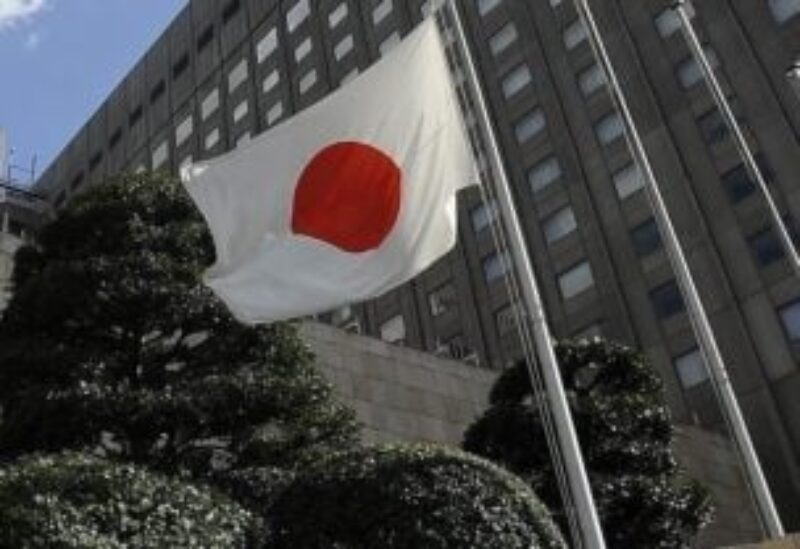
Japanese flag
According to Reuters on Monday, Japan’s wholesale inflation has notably slowed, dropping below 1 percent for the first time in over two and a half years. This suggests a shift away from the price-increasing pressures that had been impacting various sectors due to rising costs.
Reuters cited Takeshi Minami, the Chief Economist at Norinchukin Research Institute, who noted, “Wholesale inflation seems to have cooled as past declines in raw material and energy costs filter through domestic business-to-business prices.”
This slowdown aligns with the Bank of Japan’s expectations, raising questions about whether increased wages and household spending will generate a demand-driven rise in consumer prices.
The Corporate Goods Price Index (CGPI), reflecting the prices companies charge each other for goods and services, rose 0.8 per cent in October from a year earlier, slightly below the median market forecast of a 0.9 per cent gain. This marked the 10th consecutive month of slowing wholesale inflation, with the year-on-year growth rate falling below 1 per cent for the first time since February 2021.
The data reveals a cooling trend attributed to declining prices for wood, chemical, and steel products, emphasising the impact of diminishing global commodity costs.
Takeshi Minami expects that government subsidies aimed at curbing gasoline and utility bills might lead to a slowdown in consumer inflation by the close of the fiscal year ending March 2024. “The pace of slowdown in consumer inflation will be modest as labour shortages and higher wages will underpin service prices,” he said, anticipating a modest deceleration.
The spike in wholesale inflation had prompted Japanese firms to pass on higher costs to households, prompting the Bank of Japan (BOJ) to revise its inflation forecasts. The BOJ, anticipating a dissipation of cost-push inflation, emphasises the need for price rises driven by robust domestic demand to consider ending ultra-low interest rates.
BOJ Governor Kazuo Ueda indicated progress toward sustainably achieving the bank’s 2 per cent target, signalling conditions for exiting ultra-easy policy were gradually falling into place.